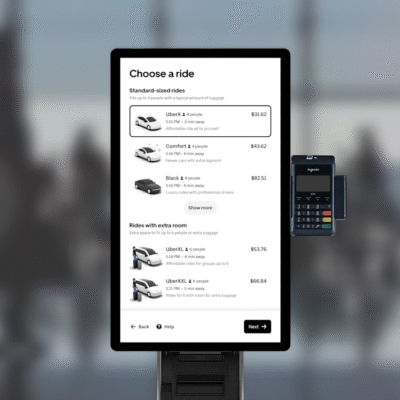Back in March, the European Union brought in new rules that were designed to stop companies like Apple and Google from blocking third-party companies running their own in-app item stores. This was supposed to carve a path for games like Fortnite to be able to return to mobile, now they could run in-game purchases without having to use Apple or Google’s own stores, and thus regain 30 percent of every purchase. But it may be the case that the EU thinks Apple still isn’t playing fair, and could start imposing enormous fines.
The theory was, the EU’s Digital Markets Act (DMA) would allow apps and games to run their own independent payment systems when it came to in-app purchases. Anything previously launched on iOS required that all payments go through Apple’s own systems, and there the company would take a 30 percent cut every time. Companies like Epic very loudly argued that such a system was deeply unfair, and while it’s hard to pick a side between the greedy corps taking money off the apps, and the apps taking money off their customers, Epic was right that it was anti-competitive. The EU agreed, announcing the DMA in 2023, and bringing it into law this year.
Read More: Thanks To New EU Rules, Fortnite Is Coming Back To iPhones [Update]
However, cheeky Apple immediately constructed its own loopholes, by technically allowing apps to run their own stores, but only if they paid a so-called Core Technology Fee of €0.50 per install of their app. The charge only applied to companies with over a million installs in the previous 12 months, but it was obviously aimed at ensuring the company would still get its tithe. On its face is very obviously not in the spirit of the new rules.
(It’s also worth noting that surprise breakout success apps could be especially badly stung by this, suddenly discovering charges of €1 per every two installs of their viral product, plus an additional three percent fees for using iOS’s payment processing software, and very quickly get in a whole heap of trouble.)
Tim Sweeney was predictably unimpressed. In January, 2024 he described it as “a devious new instance of Malicious Compliance.”
It seems the EU somewhat agrees. According to a report in the Financial Times, the paper’s sources say the European Commission believes Apple is “not complying” with the new law, and as such it will soon begin imposing fines—the first brought under the DMA.
And those fines aren’t cheap. If it’s officially announced that Apple is in violation of the DMA, the maximum charge is five percent of average daily turnover. Which, in Apple’s case, is a terrifying $1 billion.
Don’t try to fathom that Apple turns over $20 billion a day—human brains aren’t designed to cope with that level of monstrous capitalism—just know that it’s enough to hurt the company, and to make the shareholders angry. Meanwhile, the same EU group is investigating whether Meta (Facebook) and Alphabet (Google) might also be falling fowl of the rules. The FT also notes that Apple could still have time to change its new system to avoid the fines.
Apple told the FT that the company is “confident our plan complies with the DMA,” and that they will “continue to constructively engage with the European Commission as they conduct their investigations.”
.




